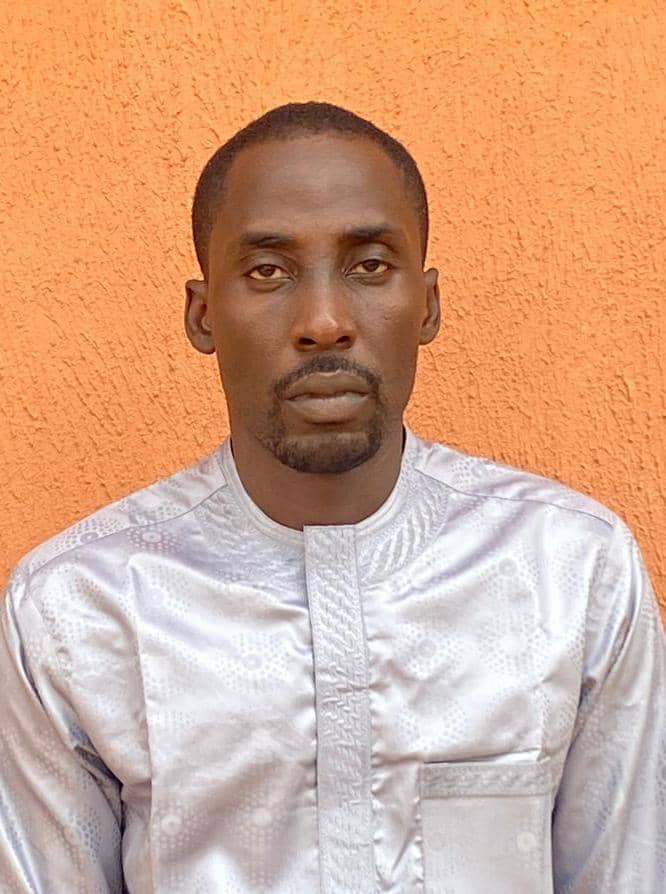The Initiative for Visionary Education and Social Support (IVESS) has urged government at all levels to commit more to tackling the menace of malaria in Nigeria.
The group revealed that more children and women are still dying of the ailment when other countries are already succeeding in eradicating it.
Its Programme Officer Bolaji Adetola Olusoji, made the call in a signed statement made available to the media on Monday following its ongoing Global Fund supported “Project ACCOMIN” which aims to eradicate malaria in selected communities in Kwara state Nigeria.
Olusoji stressed the need for synergizing the recruitment exercise for Primary Health Centers in order to employ qualified personnel that will enable citizens at the grassroot access quality health services.
He expressed worry over unending high mortality rate of under 5 children and pregnant women from malaria disease across the country.
He noted that Plasmodium falciparum which is a particular specie of mosquito that causes diseases in Nigeria is responsible for up to 98% of the cases in Nigeria and is associated with significant morbidity and mortality rates.
“Children under 5 years of ages, Women who are pregnant, Internally displaced persons, People who are returning to highly endemic areas after prolonged absence Patients with sickle cell anemia, internally displaced persons, Patients who have had splenectomy are the people most at risk.
He also expressed concerns that the Primary Healthcare Centers, which are the closest to the grass-root, lack adequate qualified manpower to deliver efficient healthcare to the people who are mostly affected by malaria.
“During our field visits to one of the primary health centres there were complaints of inadequate qualified medical personnel, making most of the expectant mothers to patronize traditional birth attendants instead of going to the facilities for delivery,” he said.
“There are some countries of the world where malaria does not exist at all it has been eradicated, and some countries have been free of malaria for more than five years; Eliminated.
“But to achieve that, we must all be involved, everybody has a role to play. We must play our part and contribute to eliminate malaria in Nigeria,” he said.
“ACOMIN and CBOs have been engaged by CRS to focus on holding stakeholders accountable and to carry out advocacy efforts to ensure that things go well,” he added.




